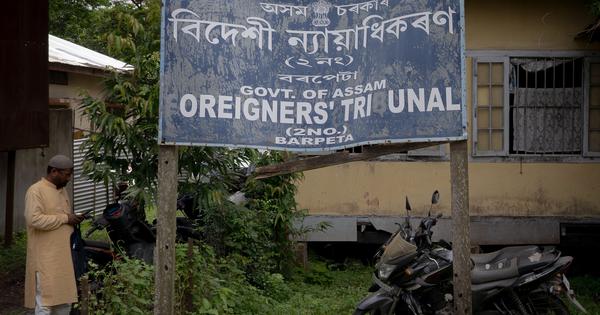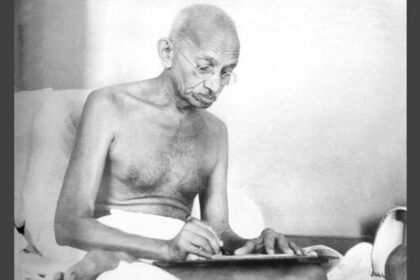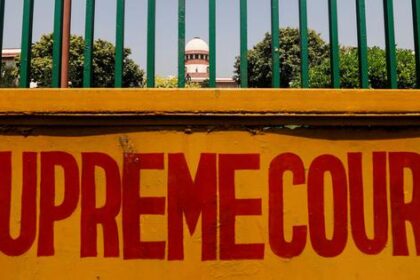Assam’s new policy mandates a rapid citizenship verification process for suspected illegal migrants.
In a recent decision, the Assam cabinet has approved new standard operating procedures (SOPs) that allow suspected illegal migrants only ten days to establish their Indian citizenship. This development arises under the framework of the Immigrants (Expulsion from Assam) Act, 1950, which has been criticized for potentially bypassing existing legal processes designed to protect individuals’ rights.
Historically, cases involving suspected illegal migrants were taken to foreigners’ tribunals, which function as quasi-judicial bodies in Assam. These tribunals, despite facing criticism for arbitrary rulings, provided a platform for individuals to appeal against decisions that declared them foreigners. However, under the new procedures, district commissioners have the authority to issue expulsion orders without referring cases to these tribunals, effectively streamlining the process and raising concerns over legal safeguards.
The new SOPs emerged after reports indicated that the Assam Police had begun detaining individuals labeled as foreigners by the tribunals, even while appeals were pending. Within weeks, over 300 individuals were reported to have been forcibly returned to Bangladesh, often under duress, raising alarms about the targeted nature of these actions, particularly against the Bengali Muslim community, which has longstanding ties to Assam.
Critics argue that the revival of the 1950 law, initially enacted to address post-partition migration, is being exploited to facilitate the expulsion of individuals without adequate legal recourse. Observers point out that this approach essentially transforms the executive branch into the arbiter of citizenship, a process that many legal experts find troubling. The law, which allows for the expulsion of individuals considered detrimental to public interests, has historically included provisions for the protection of refugees, particularly Hindus fleeing unrest in Pakistan.
The recent changes are perceived as a significant shift from established practices, as they could lead to arbitrary deportations. The legal community has raised questions about the adequacy of the ten-day period provided for individuals to gather documentation proving their citizenship. Legal representatives note that the time frame is insufficient, given the complexities involved in retrieving necessary documents, such as voter lists, which can take weeks to obtain.
As the Assam government implements these new procedures, the implications for the rights of suspected illegal migrants remain a matter of concern. Legal experts are particularly apprehensive about how the new regulations will affect the principles of natural justice, as the process lacks transparency regarding how suspicions are formed and how evidence is evaluated. The overarching fear is that the expedited nature of these procedures could lead to the unjust targeting of individuals based solely on their ethnicity or religious background, further complicating the already sensitive issue of citizenship in Assam.








